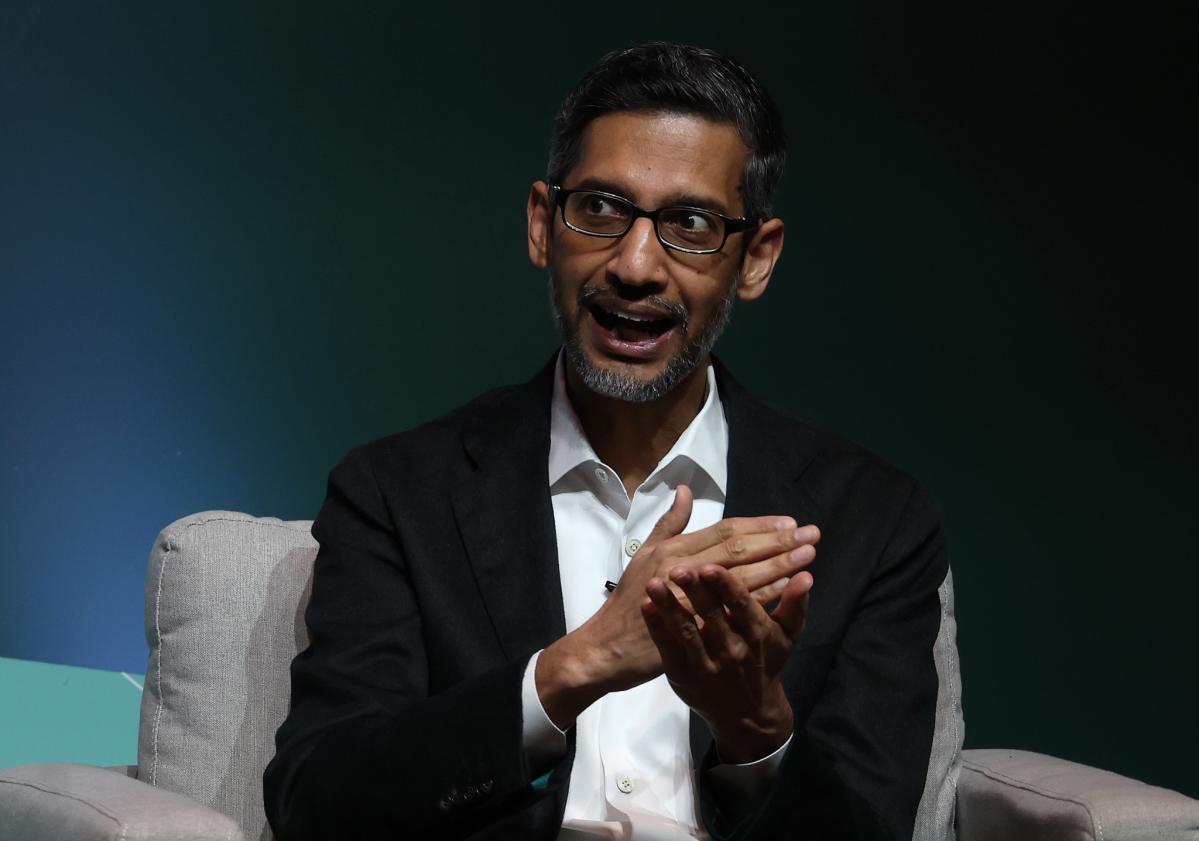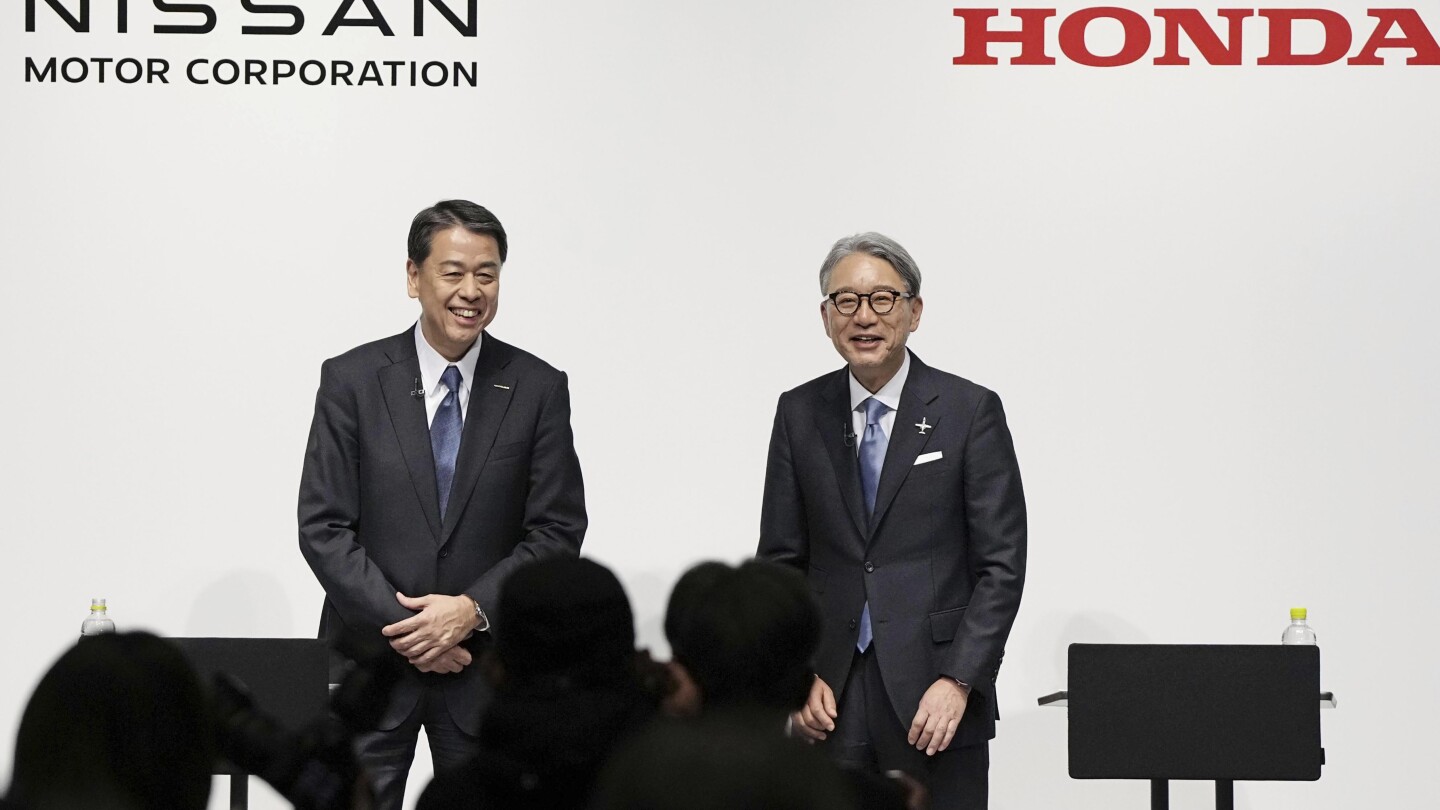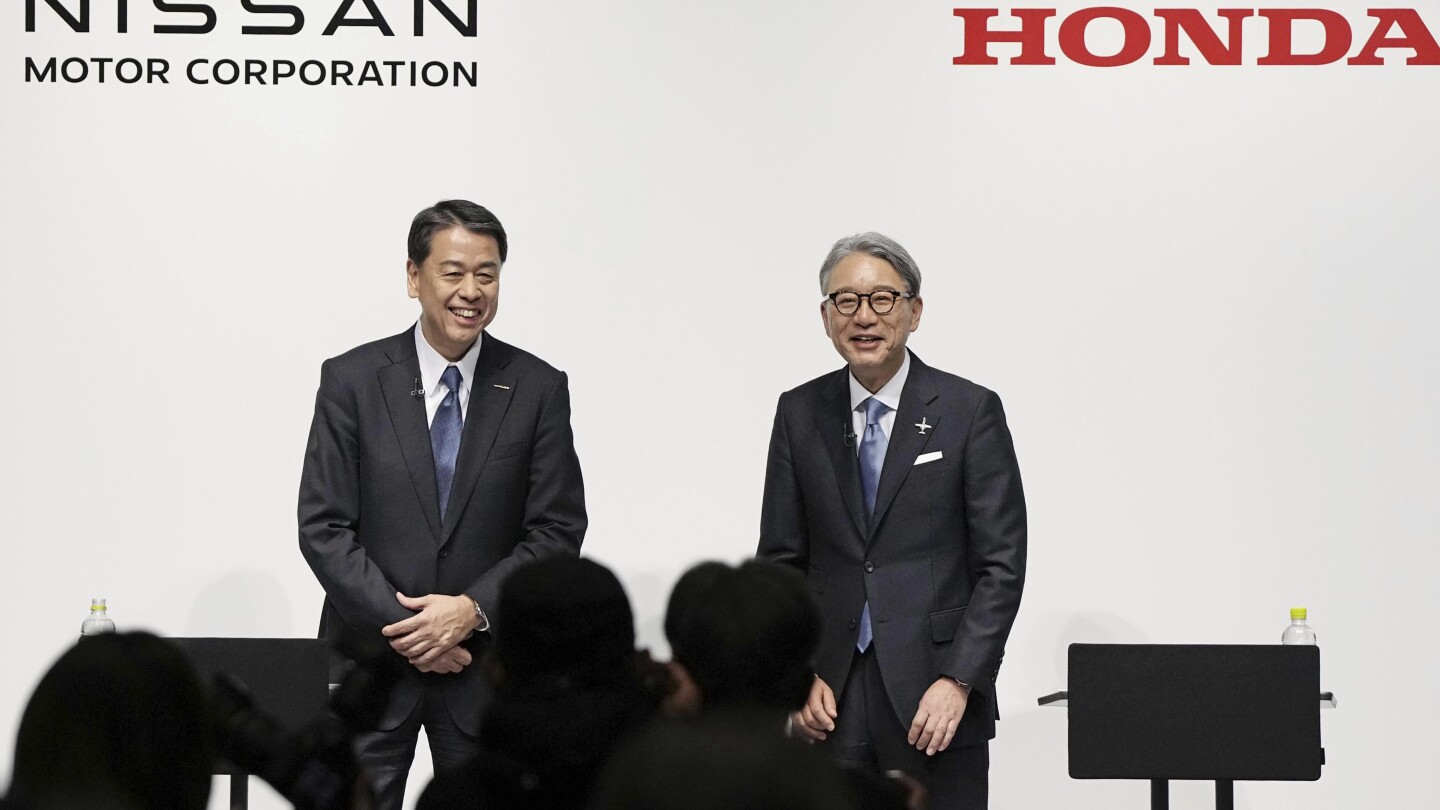Google might be among corporate America’s favorite success stories, but some people aren’t convinced Big Tech is operating as efficiently as it could be. Indeed, according to one Silicon Valley insider, half the white-collar workers at the tech behemoth aren’t even doing “real work.”
The idea that Big Tech overhires talent to have them on hand for future projects—and ensure they stay out of the hands of rivals—isn’t a new one.
Last year individuals told Fortune they had been “talent penned”: hired by technology companies on six-figure salaries “to do nothing” except complete a 10-minute task every now and again. The sources Fortune spoke to said some hires use their weekdays to learn how to scuba dive, while managers told off the candidates for asking too many questions.
And it seems some companies are also retaining their bloated headcount with people who don’t actually help drive the company forward. In fact in some cases, their presence actually holds back innovation.
That’s according to David Ulevitch, general partner at venture capital firm Andreessen Horowitz, who said a “bunch of people” in large corporations are working “BS jobs.”
Google is an “amazing example” of such a company, he told Emily Sundberg’s “Feed Me” Substack newsletter.
“Anyone who works in a 10,000+ person or larger white-collar job company knows that a bunch of the people can probably be let go tomorrow and the company wouldn’t really feel the difference, maybe it’d even improve with less people inserting themselves into things,” began the partner at the VC giant also known as a16z, which has backed the likes of Airbnb, Facebook, Instagram, and Roblox.
Another issue with “BS jobs” is that it detracts from shareholder returns, he explained: “Those people aren’t just being useless (and being coddled to think useless jobs actually matter—they don’t), but they are also taking money away from the rest of the workforce’s retirement programs.
“Google is an amazing example of this. I don’t think it’s crazy to believe that half the white-collar staff at Google probably does no real work,” he continued. “The company has spent billions and billions of dollars per year on projects that go nowhere for over a decade, and all that money could have been returned to shareholders who have retirement accounts. So real people actually lose out when BS jobs exist.”
Google did not immediately respond to Fortune’s request for comment.
Goggle’s projects
Google may certainly beg to differ. In December the Alphabet-owned company integrated its quickly released Bard chatbot into a new service named Gemini, an AI model trained to behave in humanlike ways. The rollout will unfold in phases, with less sophisticated versions of Gemini called Nano and Pro being immediately incorporated into Google’s AI-powered chatbot Bard and its Pixel 8 Pro smartphone.
Further launches of Gemini haven’t come off without a hitch: Its AI image tool attracted controversy and ridicule after it created misleading images of the race of historical figures.
But the team at Google have also had some wins. In January a DeepMind product was able to solve difficult geometry proofs used to test high school students in the International Mathematical Olympiad, while utilization of Gemini within Google’s all-important search engine is ongoing.
And while Ulevitch, who leads Andreessen Horowitz’s American Dynamism practice, is unimpressed with some of Google’s projects—or his perceived lack thereof, given the funding allocated—Wall Street certainly doesn’t seem to mind. Shares in Google parent Alphabet are up almost 22% for the year to date, and up 57% over the past 12 months at the time of writing.
Andreessen Horowitz did not immediately respond to Fortune’s request for comment, though Ulevitch told Business Insider: “My only comment is that I think it ranks as one of the least controversial things I’ve ever said.”
Return to making
One of the fallouts of Ulevitch’s “BS jobs” concern is that America is increasingly losing the skills needed to build products and parts for its own industrial future.
Instead, he adds, “we have outsourced much of their work overseas, increasingly to countries we are getting less and less friendly with (China) but also because we’ve just made those jobs seem less desirable.”
But where this reliance on economic rivals could go sour—an issue that also has JPMorgan Chase CEO Jamie Dimon worried—there are also opportunities for startups to fill that gap, Ulevitch added.
It may be welcome news, then, that enrollment in vocational-focused community colleges rose 16% last year to its highest level since the National Student Clearinghouse began tracking this data in 2018, as students increasingly look to tools and the trades for a fulfilling career.
In fact the data revealed a 23% surge in students studying construction trades in 2023 compared to 2022, as well as a 7% increase in HVAC and vehicle maintenance and repair programs.
This story was originally featured on Fortune.com

















